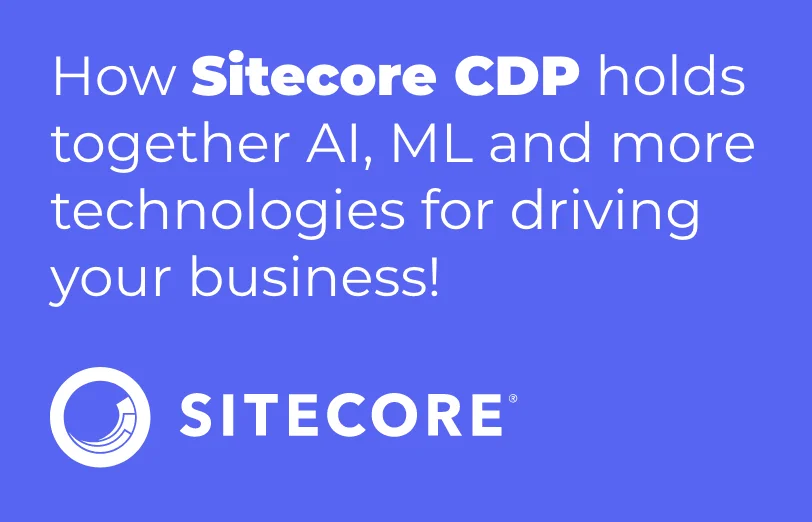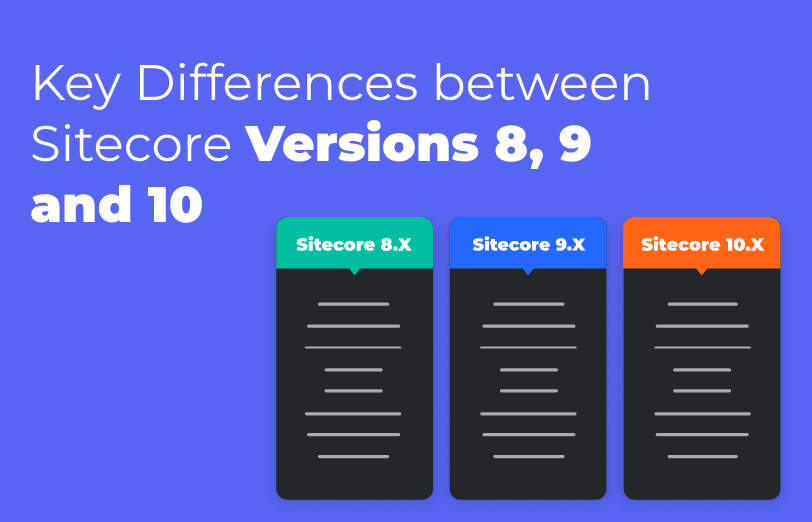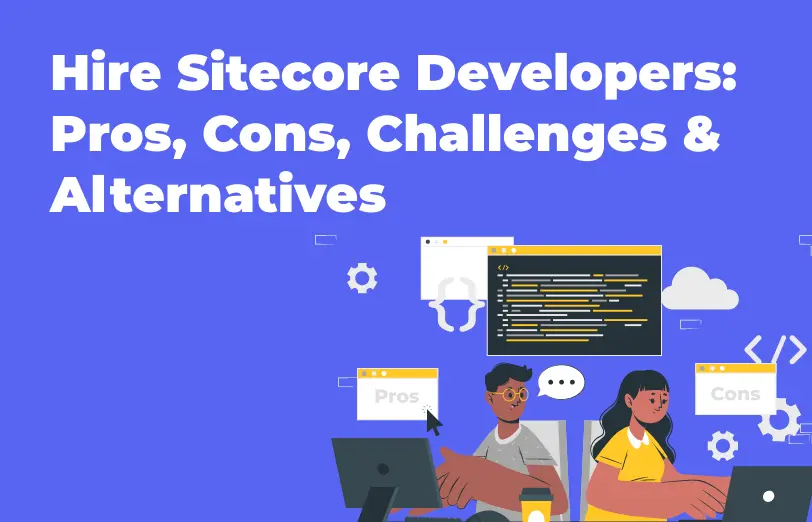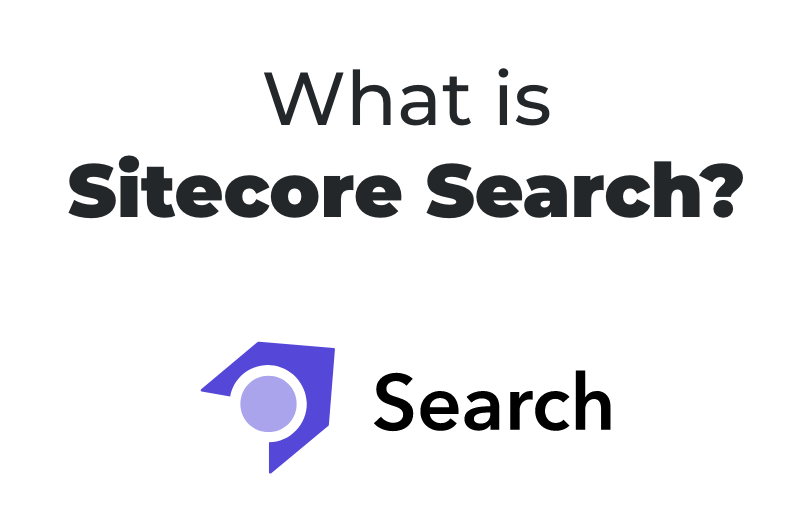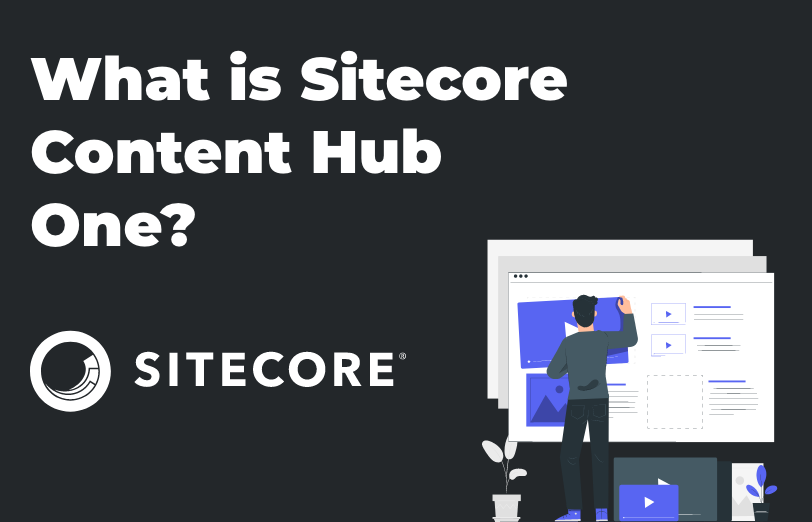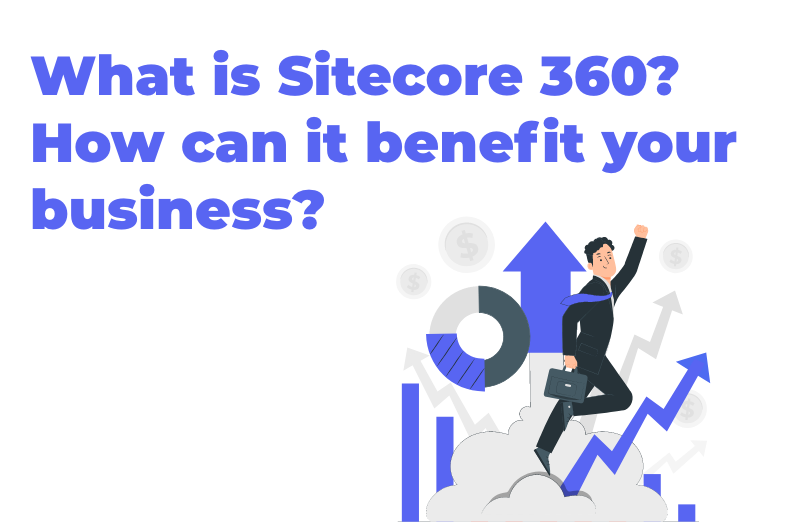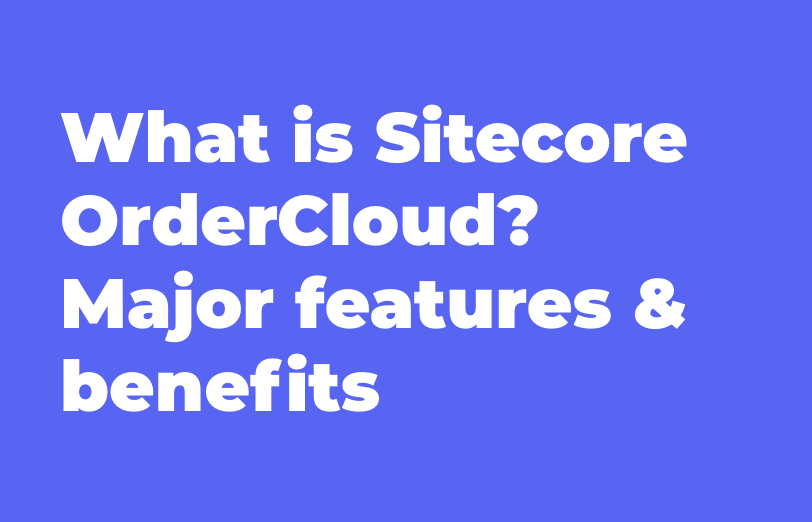Meeting the expectations of today's consumers is no easy feat. Brands not only need to establish
a presence across various platforms to cater to customer preferences but also must demonstrate a
profound understanding of their individuality.
Recognizing the importance of treating customers as unique individuals, remembering past
interactions, and making them feel valued has become essential. But the best part is that
delving into a deeper understanding of your customers and delivering personalized experiences to
drive conversions is more accessible than one might think.
The synergy of AI-powered algorithms and sophisticated data analysis capabilities of Customer
Data Platforms (CDPs) empowers brands to craft impactful, personalized experiences. This
transformative approach not only meets customer expectations but also has the potential to
transform them into loyal brand advocates.
Let us first understand AI, ML, and predictive analytics:
Artificial Intelligence
AI refers to the development of computer systems that can perform tasks that typically require
human intelligence. These tasks most of the time include speech recognition, problem-solving,
learning, and decision-making. In the context of driving conversions, AI can be employed to
automate and optimize various aspects of the customer journey.
Machine Learning
Considered as a subset of AI, Machine Learning focuses on creating algorithms that will allow
your machines to learn from data. Unlike conventional or traditional programming where the rules
are explicitly defined, ML algorithms can help you improve their performance over time by
learning from patterns and trends within the data.
ML is also particularly useful for making predictions based on historical data, a feature that
proves invaluable in optimizing marketing strategies.
Predictive Analytics
This concept involves a lot of statistical algorithms as well as machine learning techniques for
analyzing the current and historical data to allow your organization to predict future events.
When it comes to marketing, predictive analytics can help them identify potential customers,
forecast trends, and optimize conversion strategies.
How you can apply AI, ML, and predictive analytics in
driving conversions?
Customer Segmentation and Personalization:
AI and ML algorithms can analyze vast amounts of customer data to identify patterns and
preferences. By segmenting customers based on their behavior, preferences, and purchase history,
businesses can tailor their marketing efforts to specific demographics.
Personalized recommendations and targeted communication significantly enhance the likelihood of
conversions by providing customers with relevant content and offers.
Chatbots and Virtual Assistants:
Implementing AI-driven chatbots and virtual assistants on websites and social media platforms can
significantly improve customer engagement. These intelligent systems can answer queries, provide
product information, and guide users through the purchasing process.
By offering real-time assistance, businesses not only enhance the customer experience but also
increase the chances of converting leads into customers.
Dynamic Pricing Optimization:
AI and ML algorithms excel in analyzing market trends, competitor pricing, and customer behavior.
By leveraging these insights, businesses can implement dynamic pricing strategies that adjust
prices in real-time based on various factors.
This dynamic pricing optimization ensures that prices remain competitive and attractive,
maximizing the likelihood of conversions.
Recommendation Engines:
E-commerce giants like Amazon have set the standard for leveraging recommendation engines powered
by AI. These engines analyze customer preferences and behaviors to suggest products that align
with individual tastes.
Implementing a robust recommendation engine not only enhances the user experience but also drives
additional sales by exposing customers to relevant products they might not have discovered on
their own.
Conversion Rate Prediction:
Predictive analytics plays a crucial role in forecasting conversion rates. By analyzing
historical data, businesses can identify patterns and factors that influence conversion rates.
This insight enables them to make data-driven decisions, allocate resources effectively, and
implement targeted strategies to optimize conversion rates.
Email Marketing Optimization:
AI and predictive analytics can revolutionize email marketing by personalizing content,
optimizing send times, and predicting customer responses. Machine learning algorithms can
analyze user behavior to determine the most effective content and timing for email campaigns.
By sending personalized and timely messages, businesses can significantly improve email open
rates and conversion rates.
Fraud Detection and Prevention:
AI and ML are instrumental in enhancing security measures to protect businesses from fraudulent
activities. By analyzing transaction patterns and user behavior, these technologies can identify
and flag potentially fraudulent activities in real-time.
This not only safeguards the business but also ensures a trustworthy environment for customers,
fostering a positive perception that can contribute to increased conversions.
How Sitecore CDP can help?
Sitecore CDP holds everything together in this transformative journey, offering a centralized
platform that aggregates and analyzes customer data from various sources. It provides a unified
customer profile that is continuously updated, ensuring accuracy and relevance.
The integration of
Sitecore CDP with AI, ML, and predictive analytics amplifies the impact of
these technologies, enabling businesses to create seamless, personalized experiences across the
customer journey.
Conclusion
The integration of Artificial Intelligence, Machine Learning, Predictive Analytics, and Sitecore
CDP presents a formidable arsenal for businesses seeking to optimize conversions and elevate
customer experiences.
As businesses continue to navigate the complexities of the modern marketplace, those who leverage
the combined power of AI, ML, predictive analytics, and Sitecore CDP will not only meet but
exceed customer expectations, fostering lasting relationships and sustainable growth.
MAIN MENU
Read what is latest in our industry and learn more about digital transformation and technology.





 About Us
About Us
 Careers
Hiring
Careers
Hiring
 Our Story
Our Story
 Let’s talk
Let’s talk

